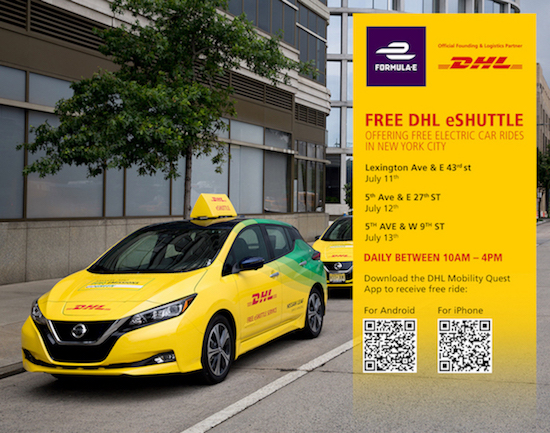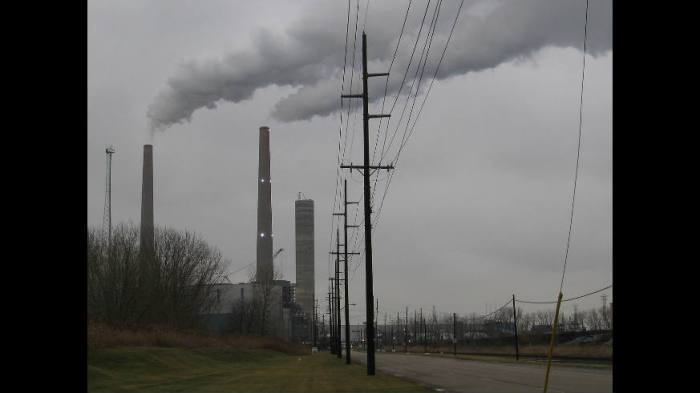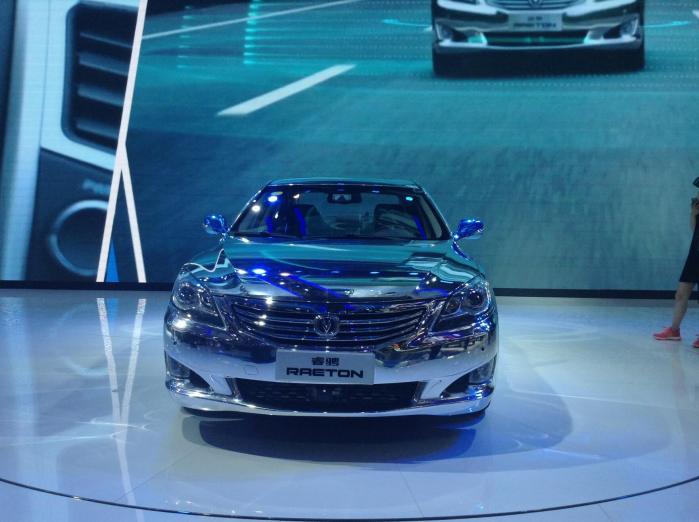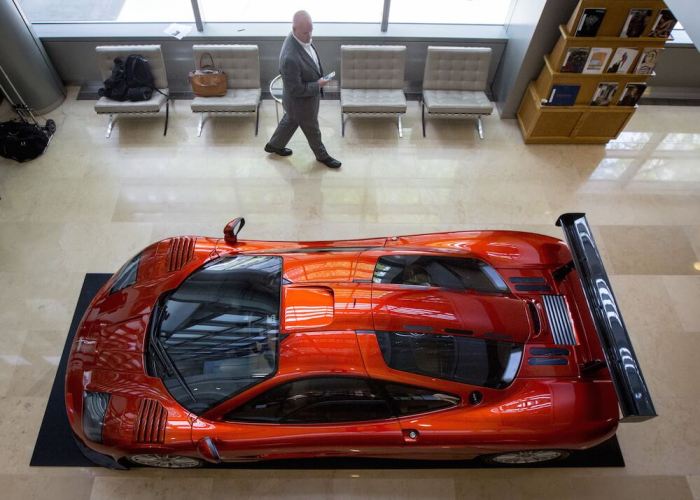Driverless cars are coming in months, not years, major automakers have said, and Massachusetts lawmakers want to be ready for the revolution on the roads.
Twin bills in the state legislature, sponsored by Sen. Jason Lewis, D-Winchester, and Rep. Tricia Farley-Bouvier, D-Pittsfield, would pave the way for self-driving cars while setting up roadblocks for some of the technology’s less-desirable outcomes: zombie cars. They’re not talking about a zombie apocalypse. They’re talking about cars that drop off passengers and then hit the road with no one aboard. With autonomous driving technology it’s possible and Lewis said it could cause major congestion on Boston’s already jammed roads. “We could have situations where people with autonomous vehicles go somewhere and because there is either very little parking or because they don’t want to pay for parking, they could just have their cars just driving around and clogging up the roads,” Lewis said. While this might sound like an attractive solution for some Boston commuters, the option would also be attractive to public transit riders, the elderly, people with disabilities and people too young to drive, upping road miles traveled by 30 to 90 percent, an International Transport Forum study said. One solution? Ride sharing, says an Organization for Economic Cooperation and Development study, but that would mean convincing people to do it. RELATED:Self-driving cars could help employ 2 million people with disabilities: Study Or Massachusetts could just charge driverless cars per mile, Farley-Bouvier said.
“The rate would be mostly based on miles, but would make it go up or down depending on where you’re driving, the time of day, and the number of passengers,” she said. The base rate the bill suggests is 2.5 cents per mile. It would be fairer too, Lewis said. Since the bill also requires driverless cars be zero-emission vehicles, they won’t be using gas. Traditionally Massachusetts has paid for maintenance and improvements to roads and bridges through the gas tax. “The gas tax today is set per gallon. With a per-mile fee like we propose in this bill, there are various adjustments to the base rate — if you’re driving a smaller car or driving with multiple passengers, off peak hours or in certain parts of the state geographically, all these can be adjusted into that base rate,” he said, noting the technology to do this already exists.
Lawmakers prep for zombie car-pocalypse
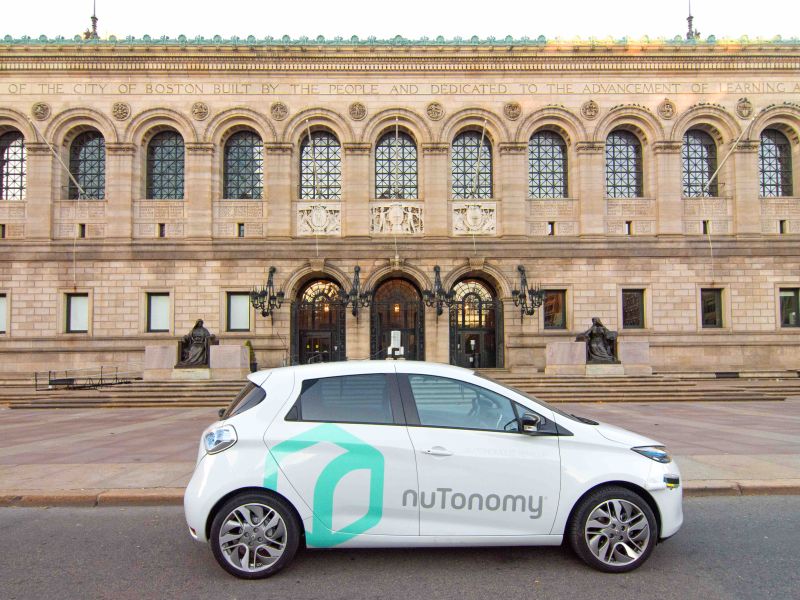
File









